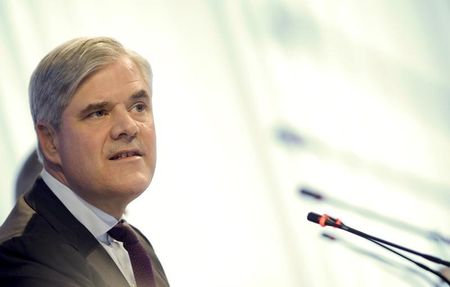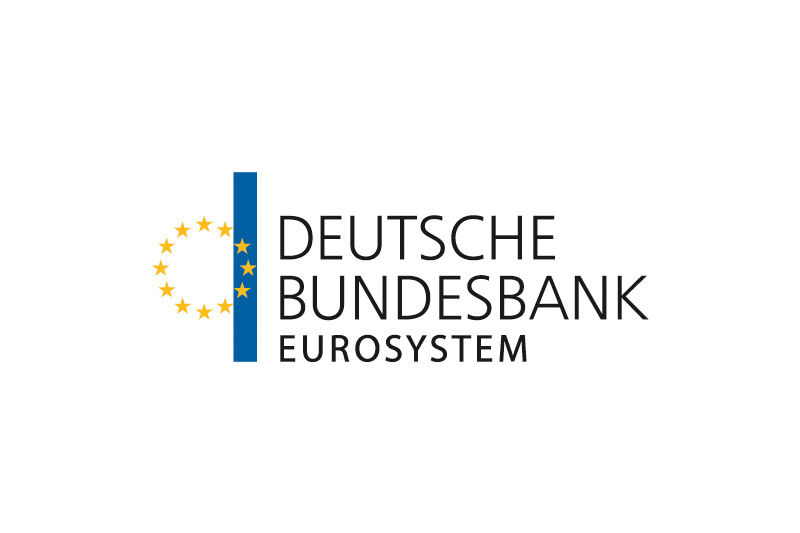By Thomas Atkins
FRANKFURT (Reuters) - A review of banks' financial health led by the European Central Bank can be considered a success before it is completed as banks have raised around 200 billion euros (157.34 billion pounds) in preparation, a top Bundesbank official said on Monday.
The results of Europe's most comprehensive banking review will be released on Oct. 26, giving the clearest picture yet of the state of a sector that was pummelled during the financial crisis.
In anticipation of the results and without knowing how they will do in the tests, European banks have taken steps to strengthen their balance sheets, including raising equity, retaining profit, reducing risk and selling investments.
"It's already clear now that the exercise is a success because European banks have strengthened their balance sheets by around 200 billion euros," Andreas Dombret, in charge of banking supervision on the Bundesbank board, was quoted as saying by German financial daily Handelsblatt on Monday.
Juergen Fitschen, head of the German association of commercial banks and co-chief executive of Deutsche Bank (DE:DBKGn), said on Saturday that Germany's banks were well capitalised.
Deutsche is one of the 130 top euro zone banks undergoing the ECB's review.
The ECB hopes its 'comprehensive assessment' will banish fears about the health of European banks and restore investor trust and revive lending to euro zone households and companies - a key to getting economic recovery back on track.
ECB President Mario Draghi said last week he expected bank lending to pick up "soon next year", referring to a similar capital figure to the one cited by Dombret that banks had raised since summer 2013.
Turning to the low interest-rate environment, Dombret said this was a continued risk for banks by depressing earnings.
Corporate bonds also posed a potential risk due to their overall high valuations, which could fall in case of an external economic shock or a sudden turn in interest rates, he said.
Echoing Draghi, Dombret said there were no signs that the currency union was about to tip into a Japan-like deflationary scenario. Euro zone annual inflation has been persistently weak and stood at 0.3 percent in September.

"We believe chances are very low of a deflation scenario in the euro zone and do not currently see any typical signs of deflation, like the postponement of large, private purchases," he was quoted as saying by Handelsblatt.
(Reporting by Thomas Atkins, writing by Eva Taylor; Editing by Jacqueline Wong and John Stonestreet)
